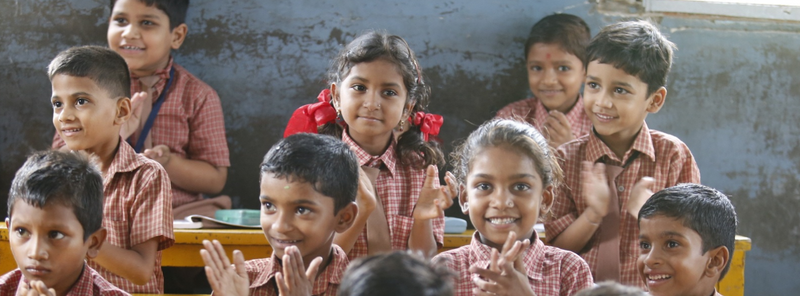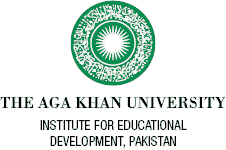Schools2030
Teacher-driven innovations to improve holistic educationDuration: 2020-2030
Target area: Afghanistan, Brazil, India, Kenya, Kyrgyzstan, Pakistan, Portugal, Tajikistan, Tanzania and Uganda
Funding organisation: Aga Khan Foundation

Overview
Schools2030 is a global 10-year participatory action research and learning improvement programme based in 1,000 government schools across 10 countries, including Pakistan. Using the principles of human-centred design and focusing on the key transition years of ages five, 10 and 15, Schools2030 seeks to annually generate 1,000 locally rooted education solutions that can inform and transform systems-level approaches for improving holistic learning outcomes for all learners. The initiative also includes ECD through a pre-primary cohort and interventions to equip young people with employable skills. In Pakistan, Schools2030 works with a National Advisory Committee and 100 government schools in Gilgit-Baltistan and Chitral, have been selected from AKF’s SIP-supported schools. Read more
Our role
As a Learning Partner, AKU-IED is responsible for the documentation and reporting of on-ground activities at the district and school level, in close collaboration with the National Advisory Committee (NAC) and Schools2030 Coordinator. This includes:
- Process Documentation: Capturing the journey of Schools 2030 in Gilgit-Baltistan and Chitral, including the contextualisation of the Human-Centered Design (HCD) tool kit; workshops, teachers, and local communities’ response to the process.
- Solutions documentation: Documenting the solutions emerging from the design thinking process, how the schools are implementing the solutions, and prepare case studies of strategies by visiting schools and to understand the reasons behind the changes.
- Other documentation: Gathering information on how the programme has been visualized, is being implemented, and its effects on key stakeholders.
As an Assessment Partner, AKU-IED is engaged to:
- Support teachers in developing their approaches to assessment in order to design interventions that respond to the specific needs of students
- Establish a set of context-driven, valid and reliable assessments in every Schools2030 country.
- Consolidate the utilisation of assessments by teachers
- Innovate to build public goods using assessment data and outputs
- Showcase global public goods and support uptake


